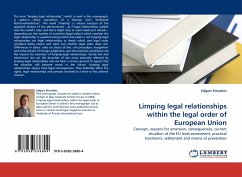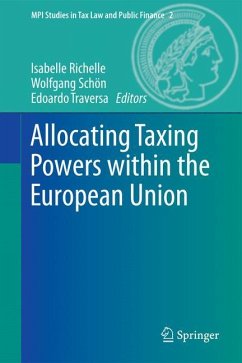The present study aims to highlight the dichotomised approach the European Union has taken in the field of human rights so far: whilst it has self-endowed a great deal of external powers in this area, it has continuously constrained its own capacity to act domestically. On the basis of this observation, this study attempts to provide a fairly clear answer to the question whether they should and could realistically be a human rights policy within the EU. To this end, it meticulously investigates into the EU legal system and the legal tools presently available. It also discusses the question under the light of the new Lisbon Treaty yet to be ratified at the time of writing. The question whether they should be a human rights policy within the EU does not only simply try to unravel the constitutional possibilities of adding up another policy within the realm of EU competence but poses a more far-reaching politically sensitive question, that of the identity the EU seeks to project to itself and the international community.
Bitte wählen Sie Ihr Anliegen aus.
Rechnungen
Retourenschein anfordern
Bestellstatus
Storno








